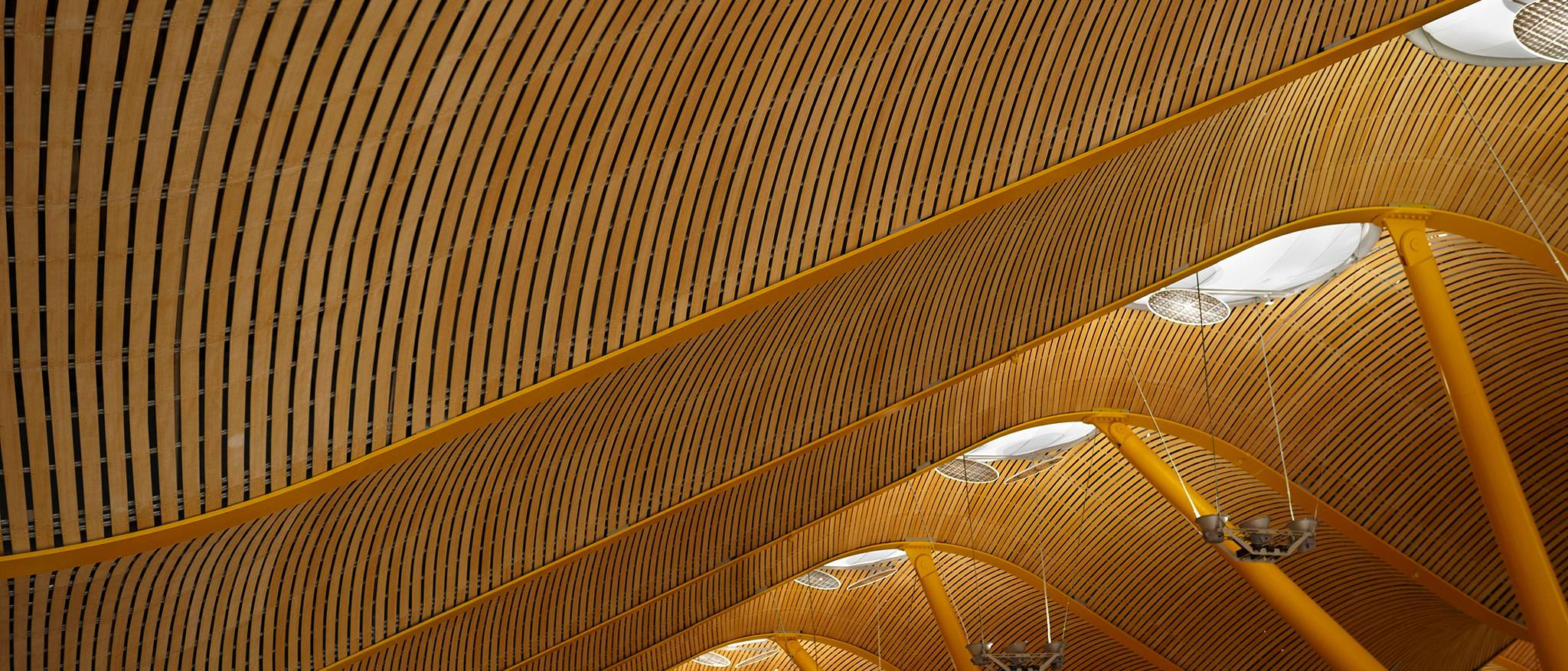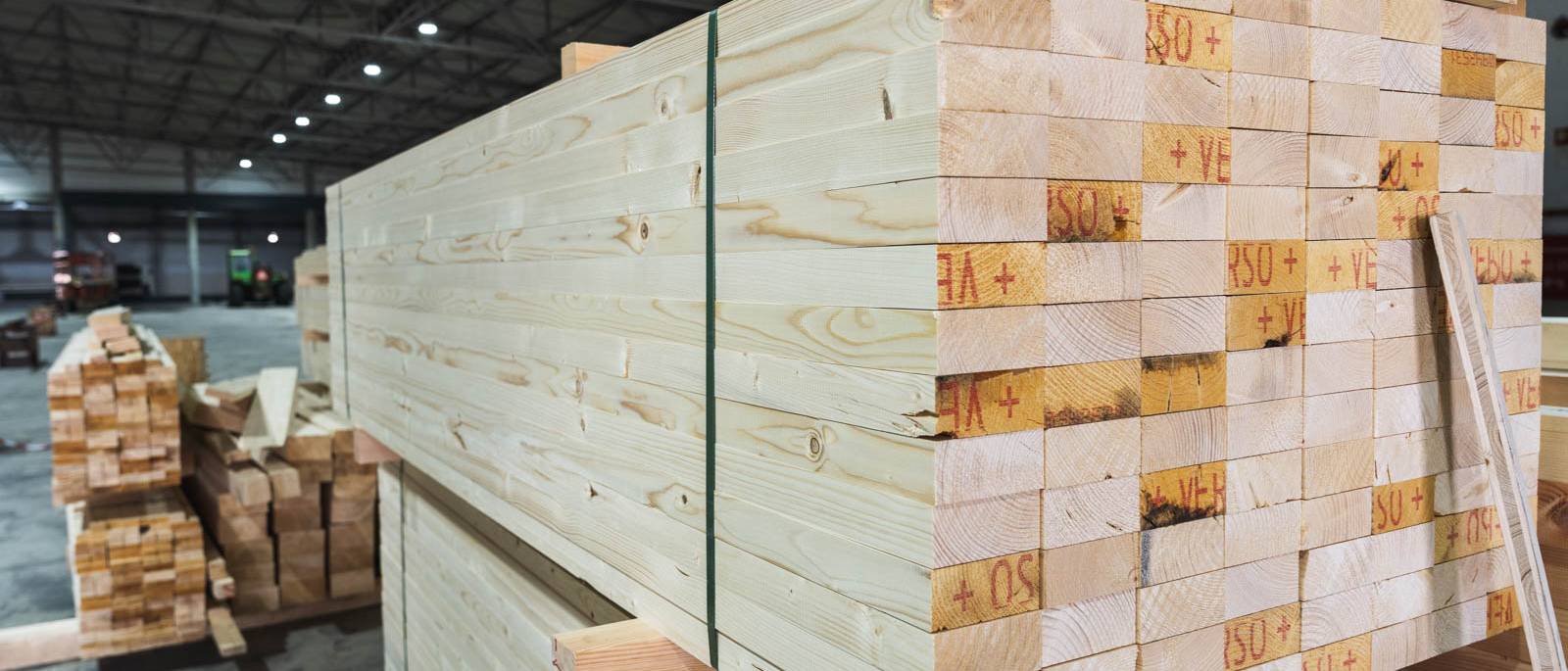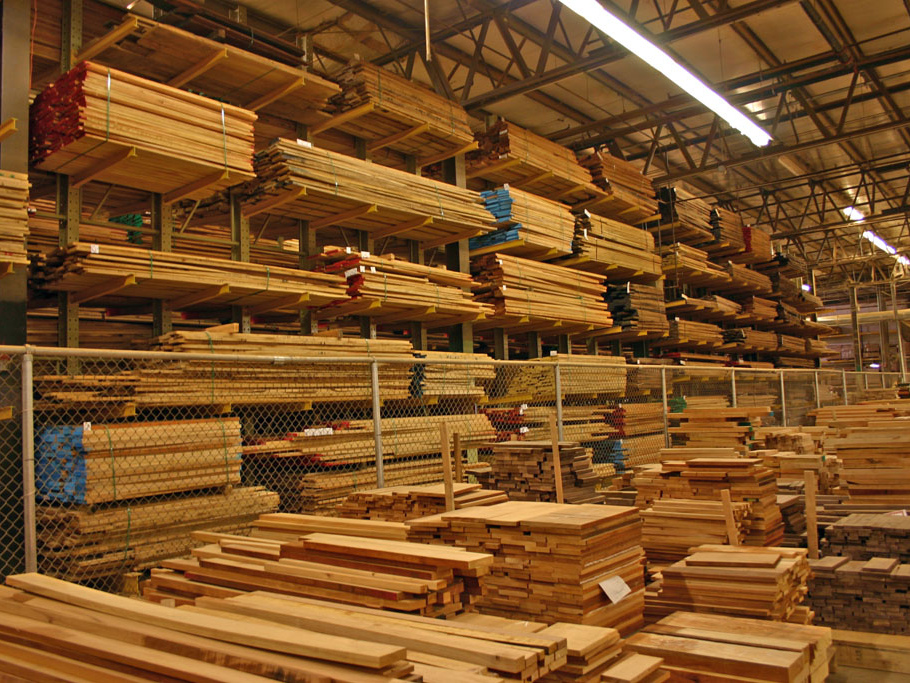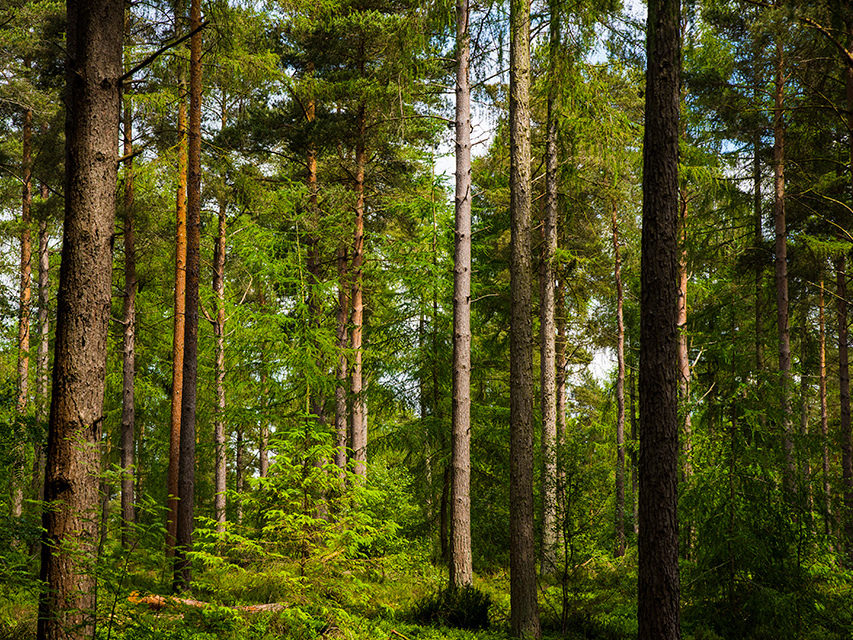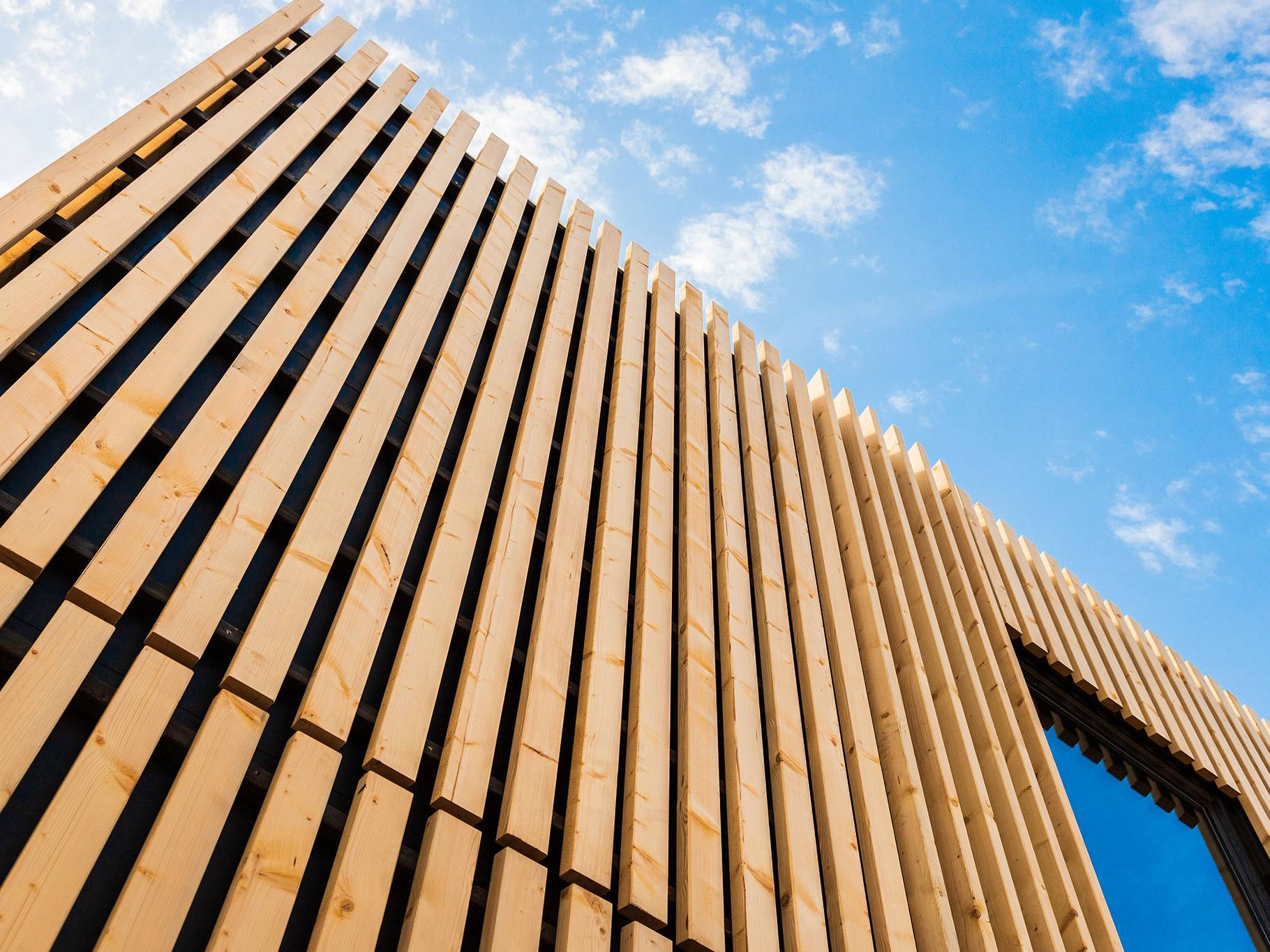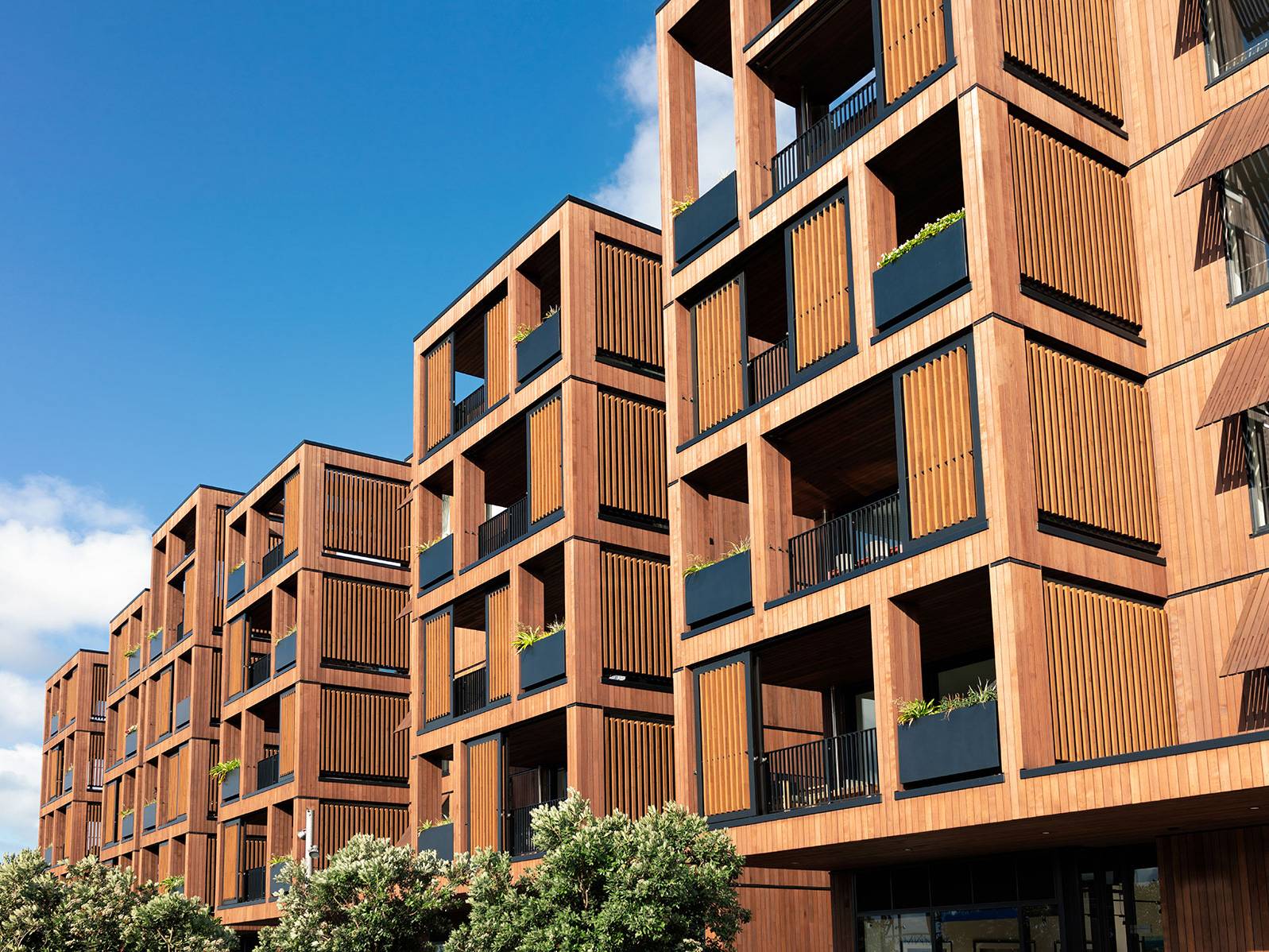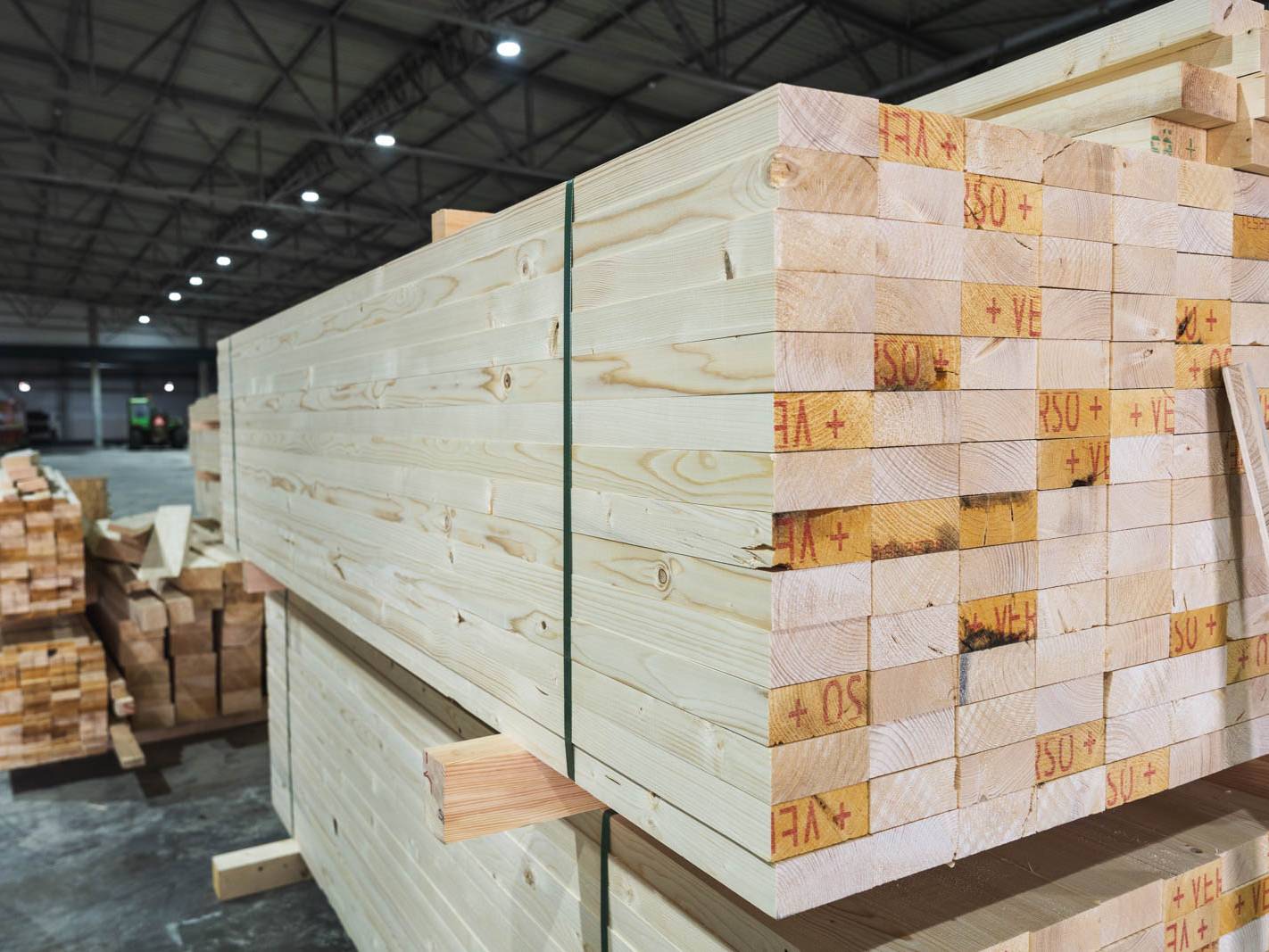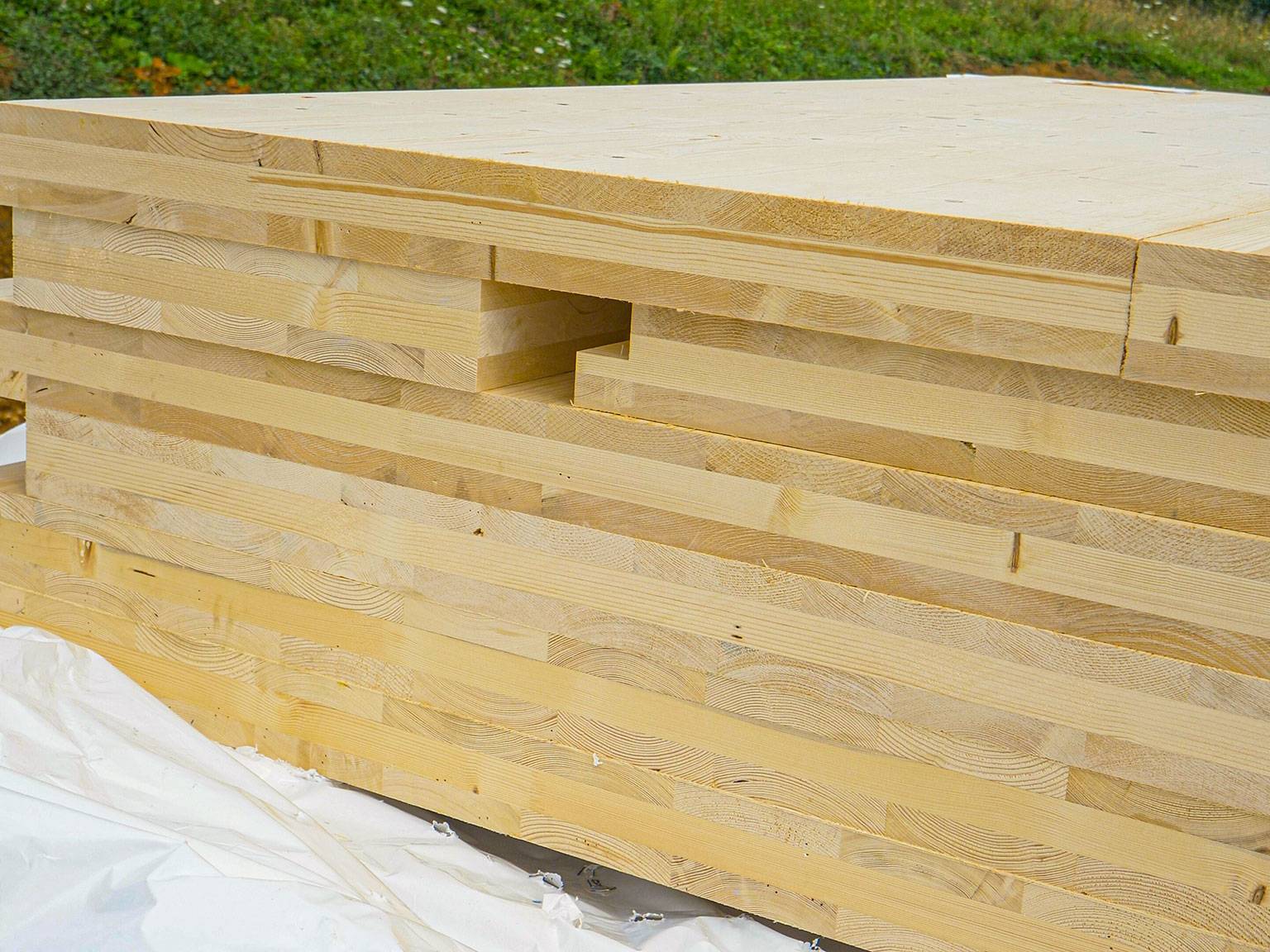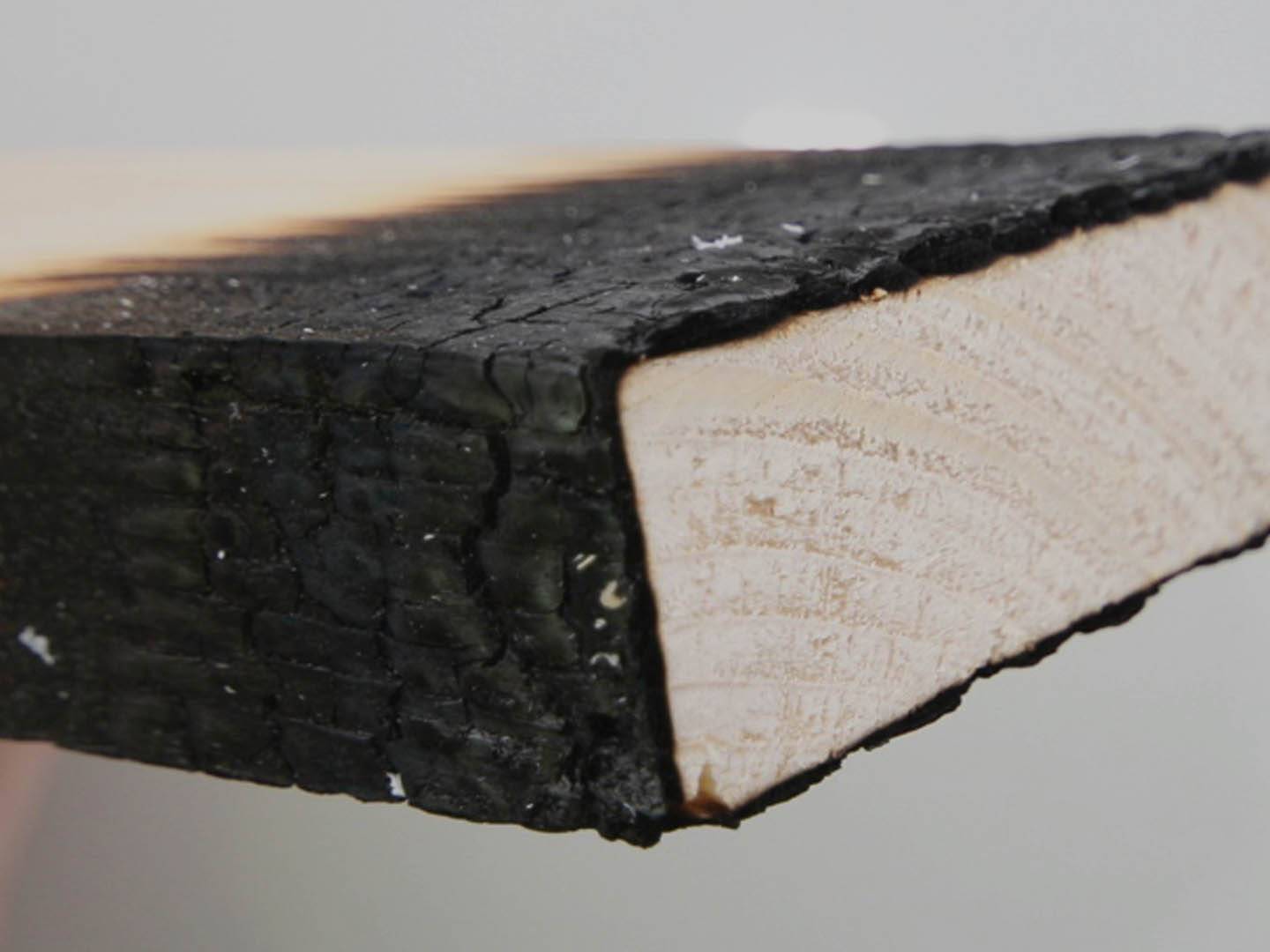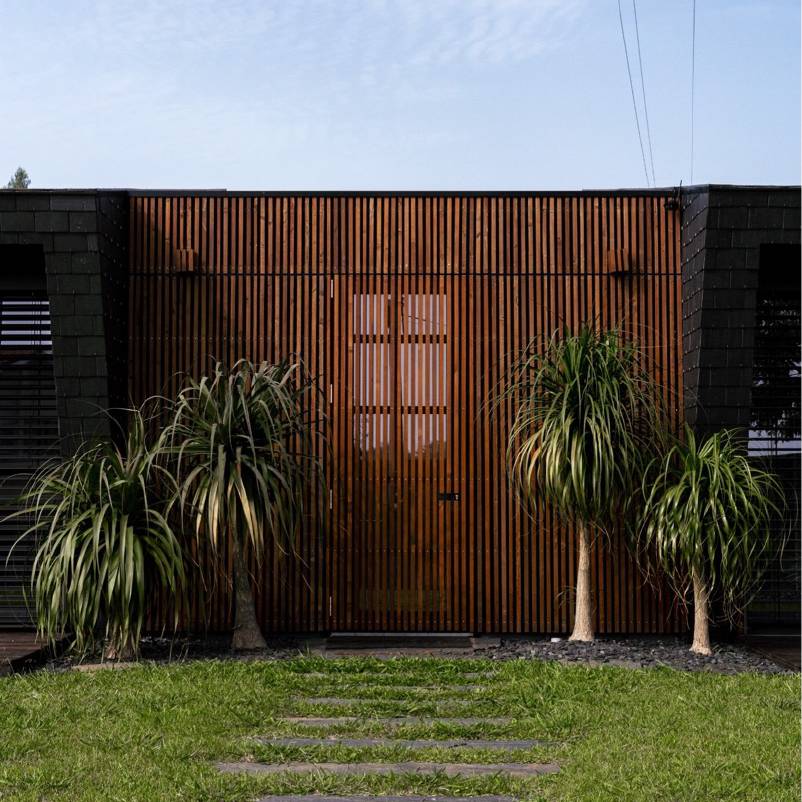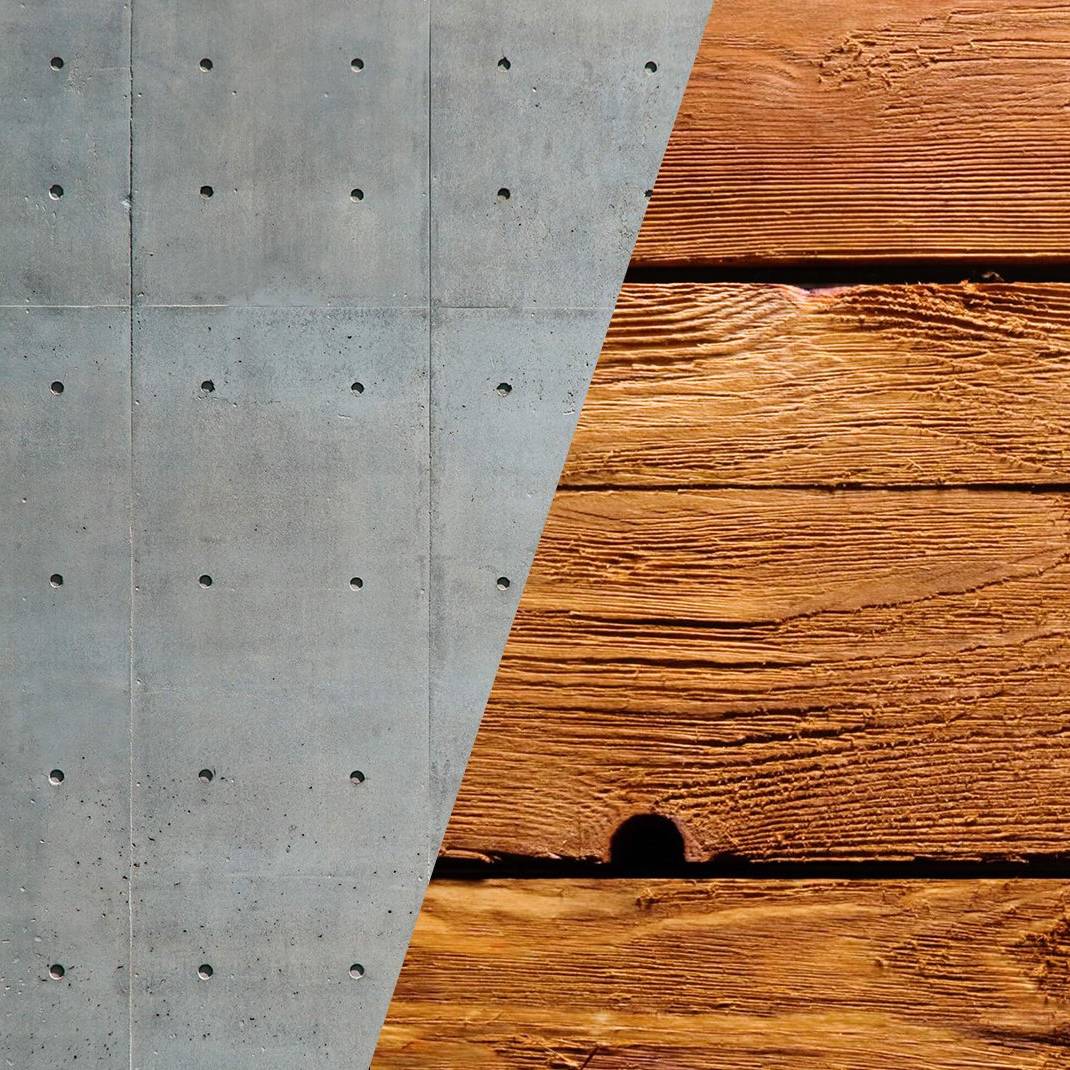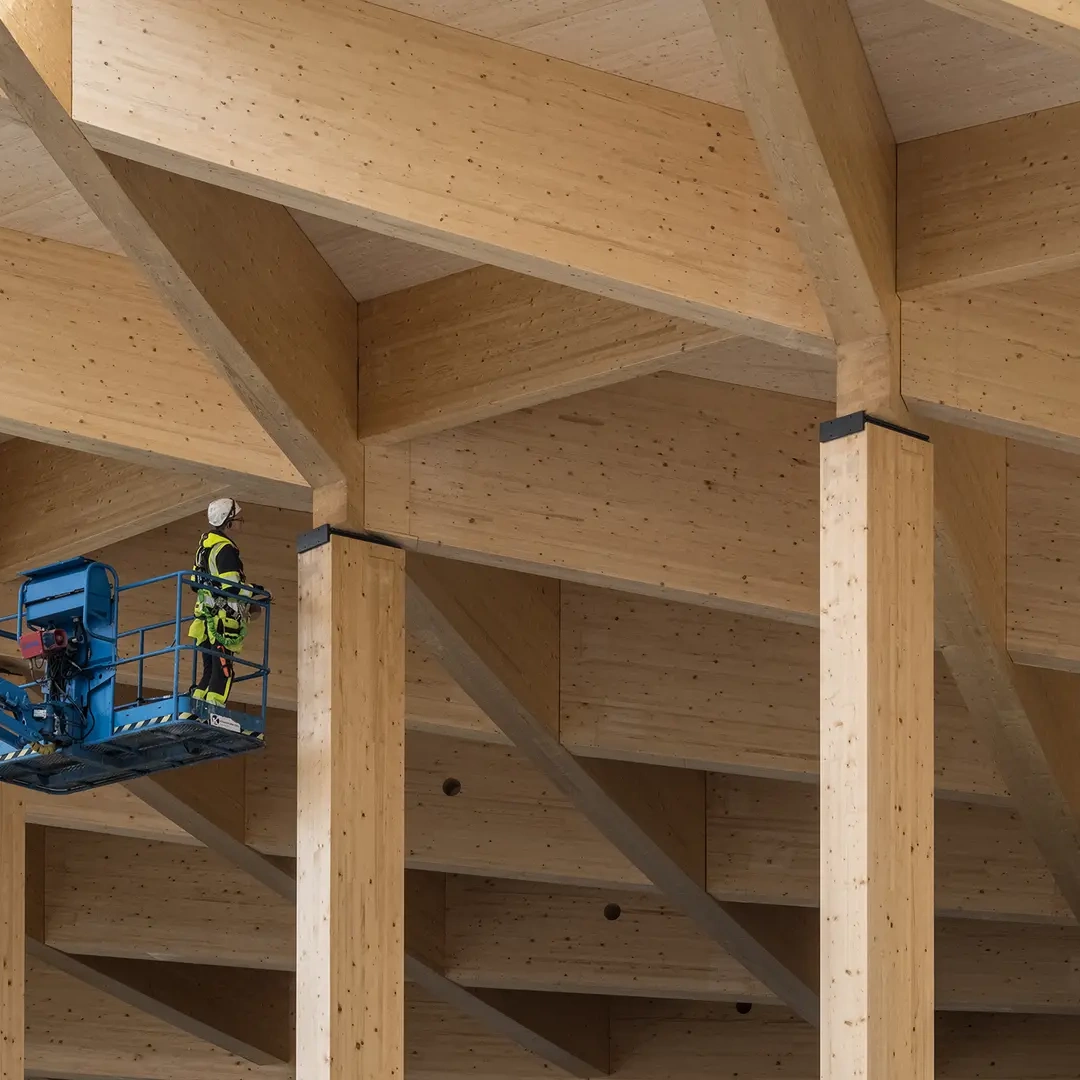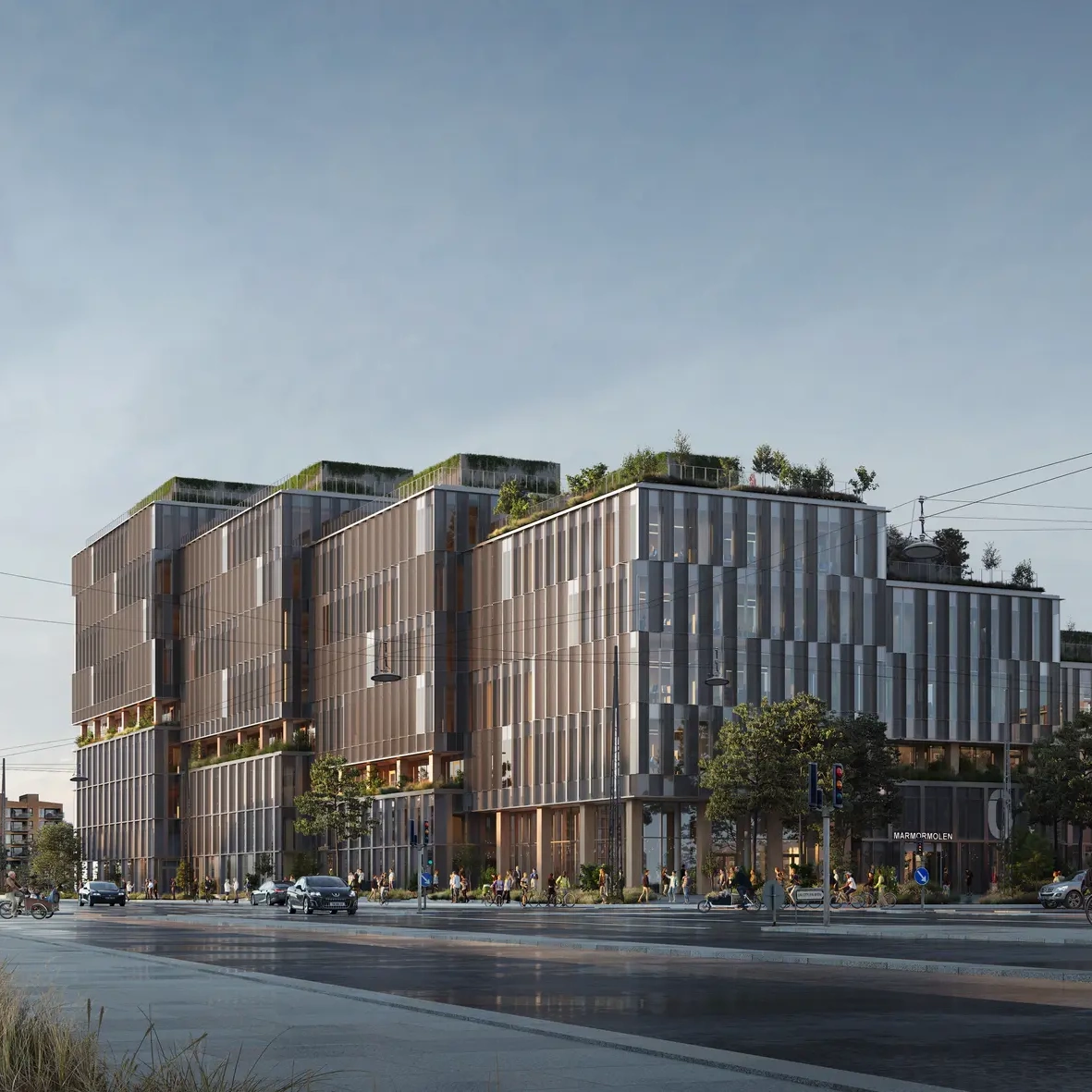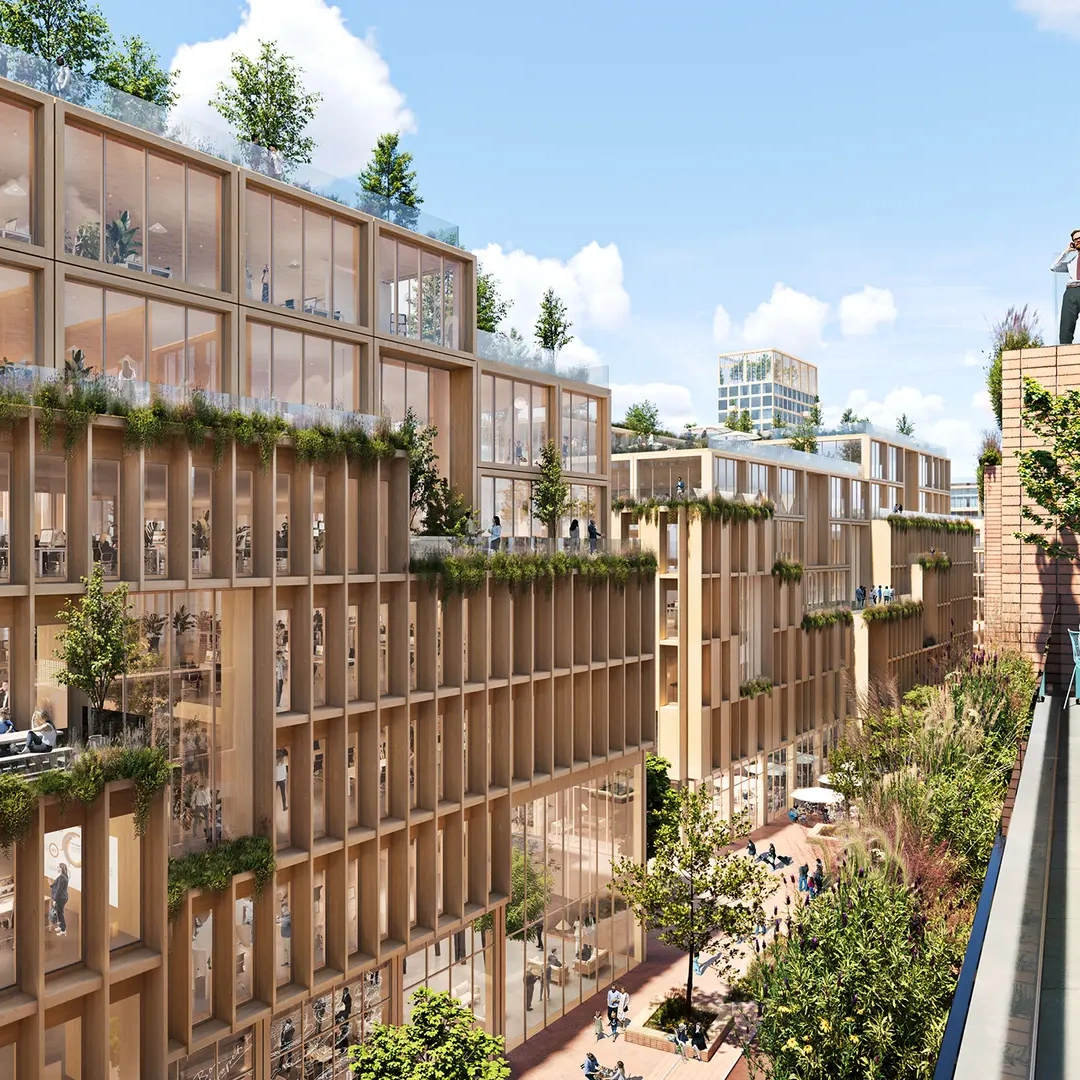Wood, the future of construction
The future of construction with wood is today, it’s now! There’s no getting…
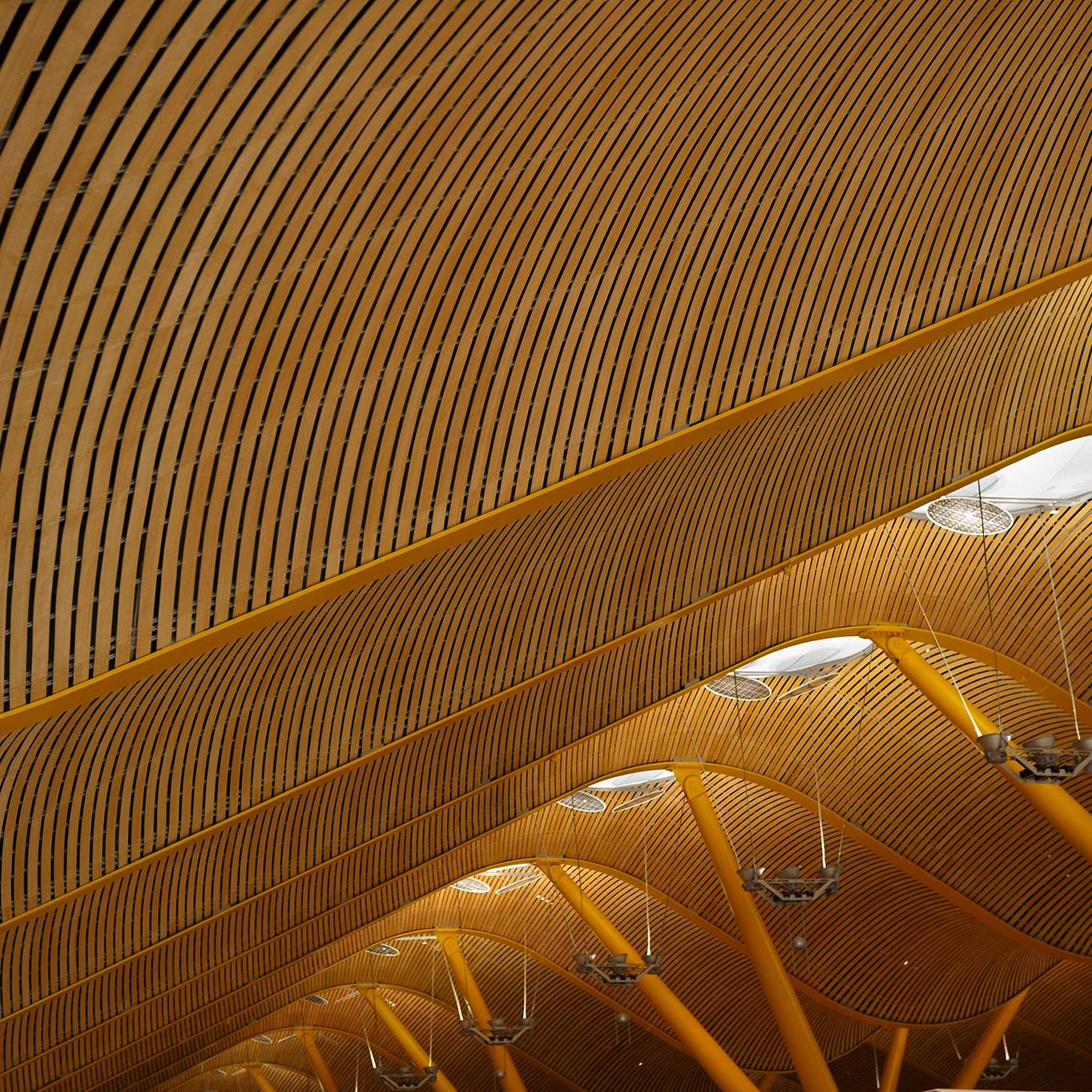
Construction with WoodHighlightWoodWood products and derivatives
Types of wood in construction
Know the main advantages.
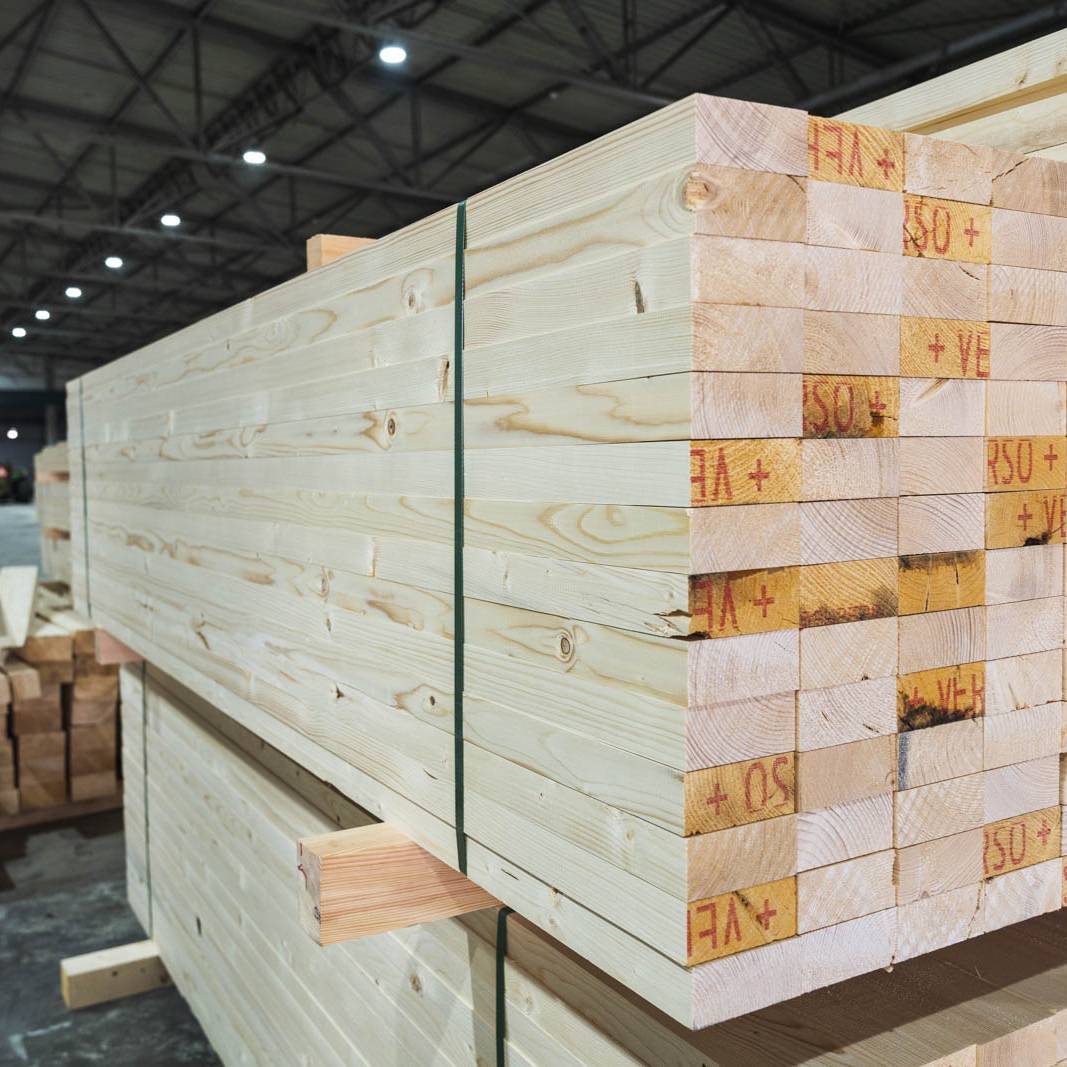
About
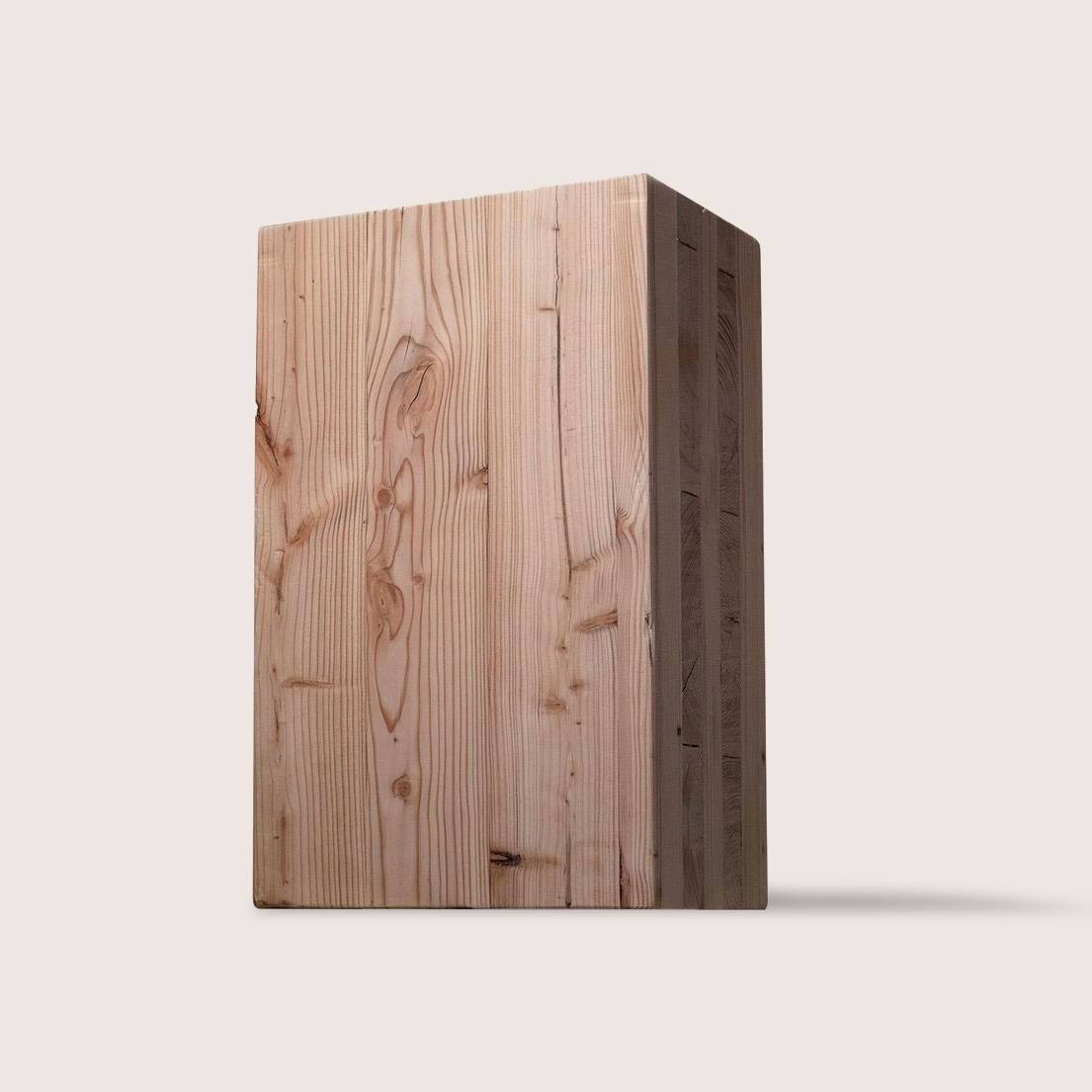
WhyWood
The future of construction with wood is today, it’s now! There’s no getting around it, timber construction is growing and very rapidly. Há hoje uma grande variedade de produtos e derivados de madeira que oferecem potencialidades renovadas à construção. The limitations imposed by the natural features of the material of timber construction are now overcome by the use of wood derivatives of superior quality, with significantly optimised physical and mechanical proprieties and durability.
On the other hand, there is currently a major awareness concerning environmental issues. No other construction material is as natural, totally renewable and that imprison carbon dioxide. There is no known construction material that is more sustainable than wood.
Assiste-se a fortes investimentos em diversas regiões de Portugal na produção de lamelados colados, de CLT (Cross Laminated Timber) e na industrialização de sistemas construtivos em madeira. Civil society is awakening to construction with wood. However, the necessary know-how does not yet exist, hence the importance of promoting and disseminating rigorous technical information as it is intended to be disseminated through WhyWood, a repository that seeks to share all its knowledge about wood as a construction material and its uses.
Construction with WoodUncategorized
Engineered Wood Market Size & Share Analysis
Government has introduced a statutory tree and woodland cover target which commits to increasing the tree canopy and woodland cover in England to 16.5% by 2050. But not only do we need to plant trees, we also need to make good use of the materials they provide to us.
Why Choose Wood?Construction with Wood
Timber in construction roadmap
Government has introduced a statutory tree and woodland cover target which commits to increasing the tree canopy and woodland cover in England to 16.5% by 2050. But not only do we need to plant trees, we also need to make good use of the materials they provide to us.
Durability of construction with wood
The durability of a timber construction can be high. There are examples of wooden churches (Stavkirke churches in Norway) which are hundreds of years old, and we have various examples in our historical heritage proving that construction with wood can be durable (Pombaline anti-seismic construction, flooring, etc.).
Construction with WoodWhy Choose Wood?Articles
Seismic Performance of Wood Buildings
Wood is a material with an excellent seismic performance. It is light, its construction members show major deformation capacity and are systems of great redundancy.
Wood and wood based products
Wood is an excellent building material produced by Nature.
Among the most important wood derivatives, we highlight glued laminated wood (Glulam), CLT (Cross Laminated Timber), plywood, fiberboard, etc. All these derivatives have one or more improved characteristics compared to solid wood.
Why Use Wood in Construction?
Timber in construction roadmap
Government has introduced a statutory tree and woodland cover target which commits to increasing the tree canopy and woodland cover in England to 16.5% by 2050. But not only do we need to plant trees, we also need to make good use of the materials they provide to us.
Seismic Performance of Wood Buildings
Wood is a material with an excellent seismic performance. It is light, its construction members show major deformation capacity and are systems of great redundancy.
Fire Performance of Wood Buildings
Wood has a good performance under fire. Wood burns when submitted to temperatures above 300ºC. Yes, and this property is called reaction to fire.
Sustainability
Sustainability and efficiency of timber construction
The supply of wood in the European Union (EU) is based on principles of…
The environmental performance of Wood versus Concrete
The supply of wood in the European Union (EU) is based on principles of…
News
Designing with timber: what have we learned?
19 de February, 2025
In recent years, timber has re-emerged as a promising bio-based alternative…
Revealing the design for one of Denmark’s largest timber structures
19 de February, 2025
We double down on sustainable leadership with large timber building in…
Wood City Stockholm
19 de February, 2025
Encompassing over 250,000 m², Stockholm Wood City will be the world’s largest…
They are building a CLT office building in Kashubia
19 de February, 2025
The cross-laminated timber (CLT) building, which will stand in Wielu near…
